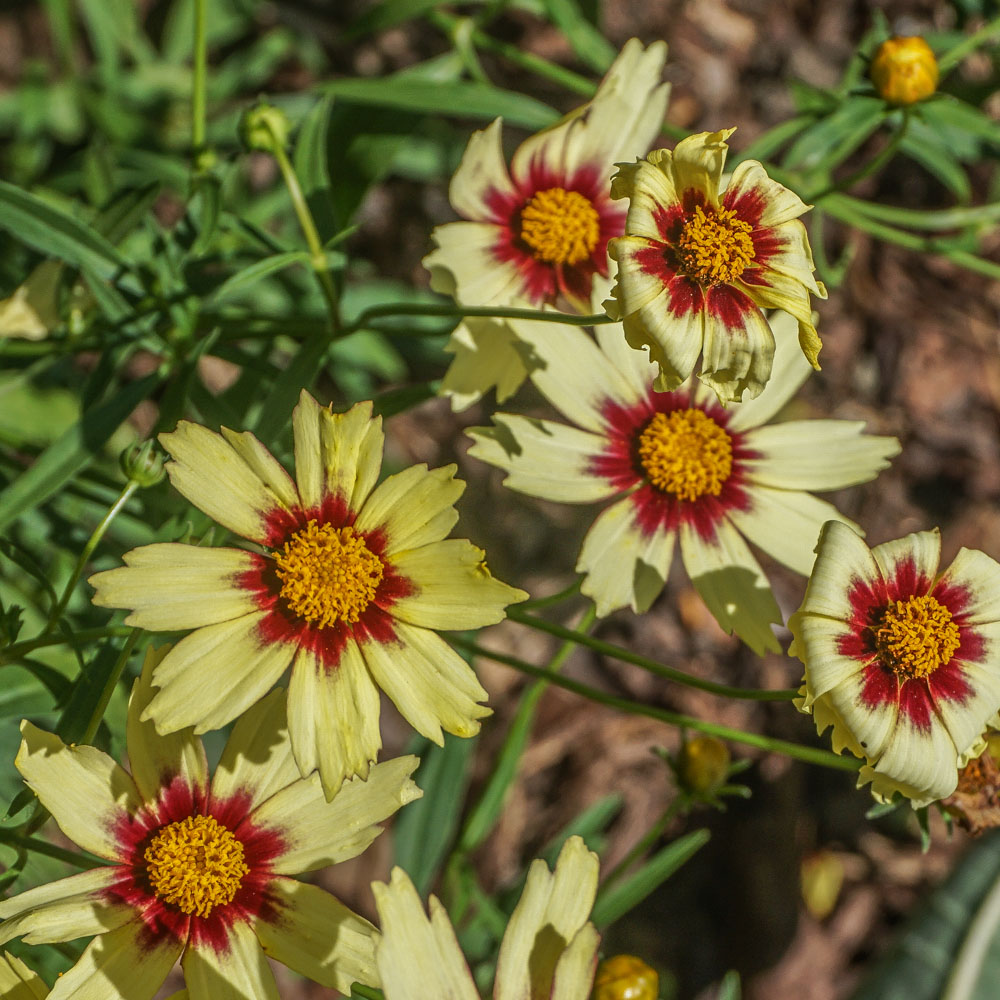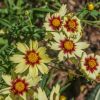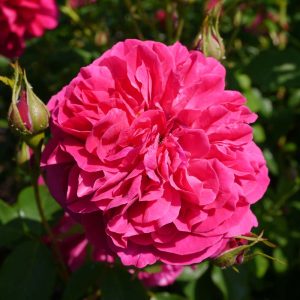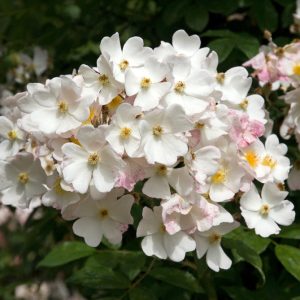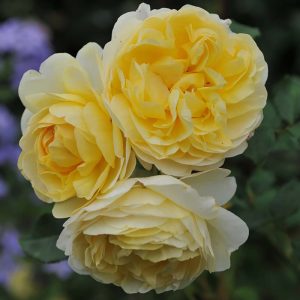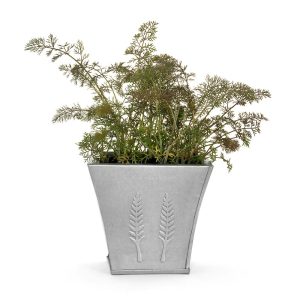Description
Coreopsis ‘Big Bang Redshift’ is a stunning and vibrant cultivar of Coreopsis that produces vibrant red and yellow flowers that bloom in the summer. This compact and low-growing perennial is known for its clump-forming growth habit and its ability to attract butterflies and bees to the garden. ‘Big Bang Redshift’ is a hardy variety that thrives in full sun to partial shade and well-drained soil that’s rich in organic matter. It’s also drought tolerant, making it an ideal choice for gardeners who want a plant that’s easy to care for. To complement Coreopsis ‘Big Bang Redshift’, consider planting it alongside other low-growing perennials like Sedum or Thyme. It also pairs well with companion plants like Salvia or Echinacea, which can help to create a beautiful and colorful garden display. Overall, Coreopsis ‘Big Bang Redshift’ is a stunning and vibrant plant that will add a touch of beauty and elegance to any garden. Its red and yellow flowers, along with its low-growing and hardy nature, make it an excellent choice for gardeners who want to create a stunning and low-maintenance outdoor space.
Key Facts
- Common Name(s):Tickseed ‘Big Bang Redshift’
- Hardiness:Fully hardy
- How big will I get? Coreopsis ‘Big Bang Redshift’ can grow to a height of 0.5m and a spread of 0.5m.
- Did You Know That:The name Tickseed comes from how similar the seeds look to insects, namely ticks found across its native range
Plant Calendar
A rough guide to how this plant will change through the year.
| Jan | Feb | Mar | Apr | May | June | July | Aug | Sept | Oct | Nov | Dec | |
| Flowering Time |   |
  |
  |
|||||||||
| Foliage Colour |  |
 |
 |
 |
 |
 |
 |
 |
 |
| J | F | M | A | M | J | J | A | S | O | N | D |
  |
  |
  |
|||||||||
 |
 |
 |
 |
 |
 |
 |
 |
 |
Care Guide

Soil Requirements
Coreopsis ‘Big Bang Redshift’ prefers moist but well-draining soil. This plant can grow in soil with a wide range of pH levels, it is not picky about the pH level of the soil.

Best Position
Coreopsis ‘Big Bang Redshift’ can handle either an exposed or a sheltered position and can cope with either full sun or partial shade.

Maintenance
Coreopsis ‘Big Bang Redshift’, like a lot of herbaceous perennial plants, will respond well to regular deadheading. This will encourage the plant to keep producing flowers all through Summer and into early Autumn. The plant can then be cut right back to the ground in Autumn, once it has concluded flowering, this will help to preserve energy for strong growth the following Spring.

Pest, Diseases and Wildlife
Coreopsis ‘Big Bang Redshift’ can have problems with slugs and snails, and it tends not to have problems with diseases. It is also known to attract bees, butterflies and other pollinators. It is not considered to be toxic.
